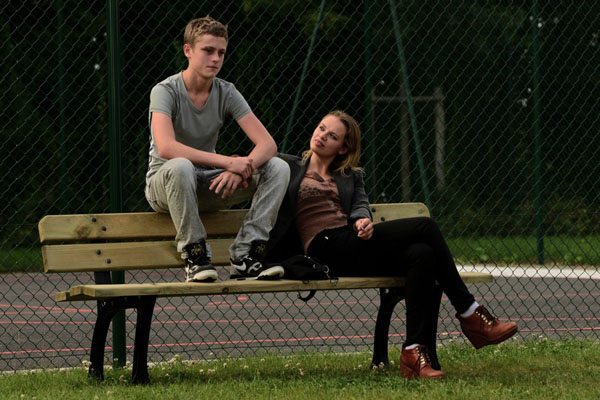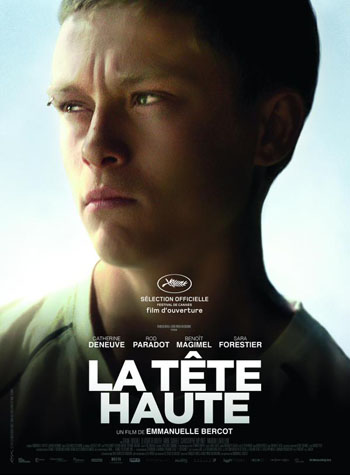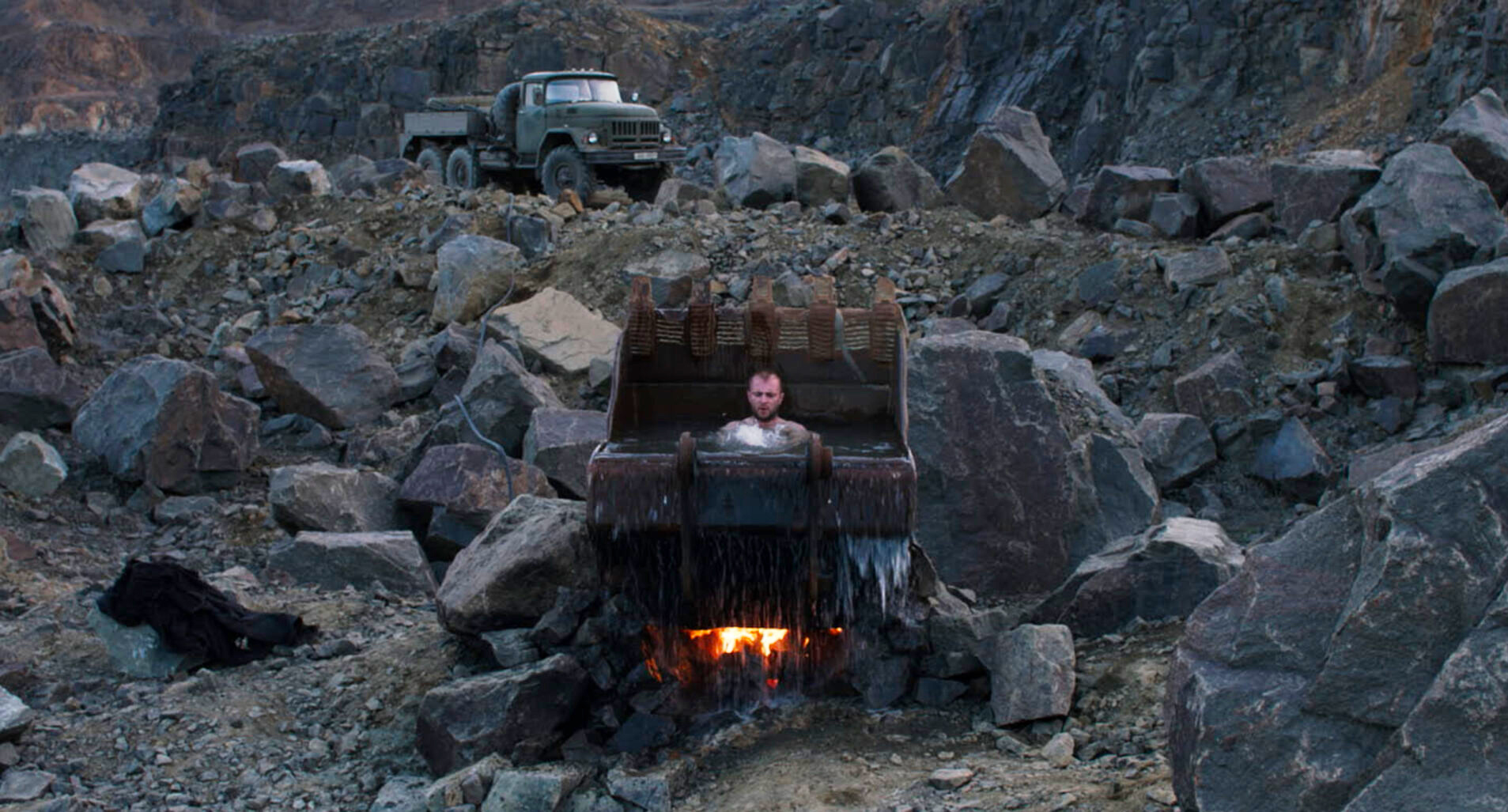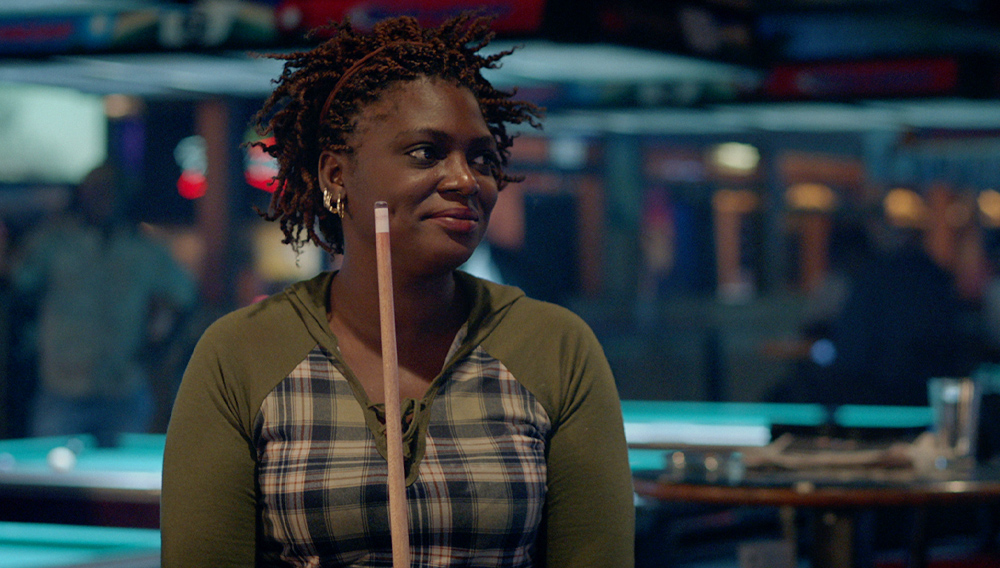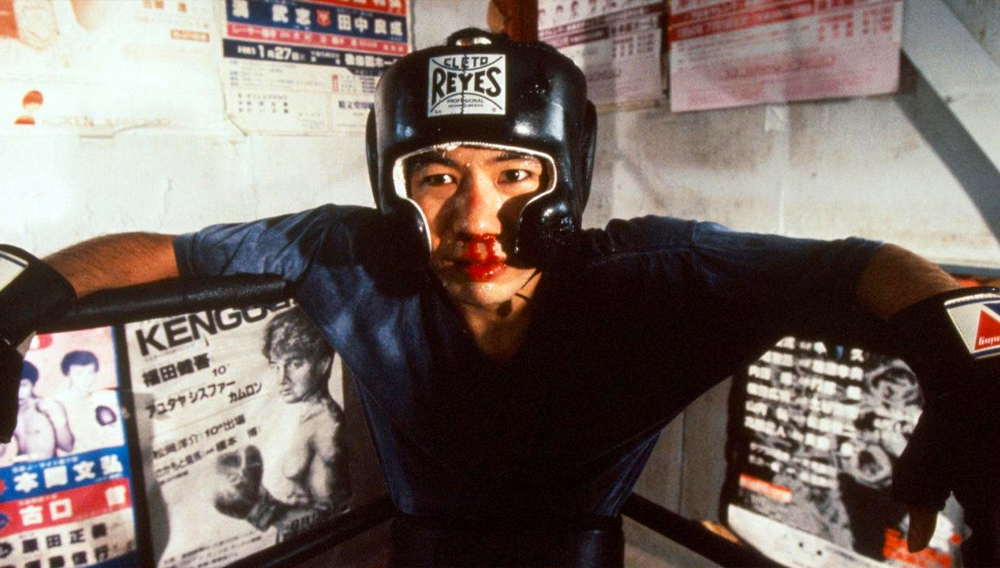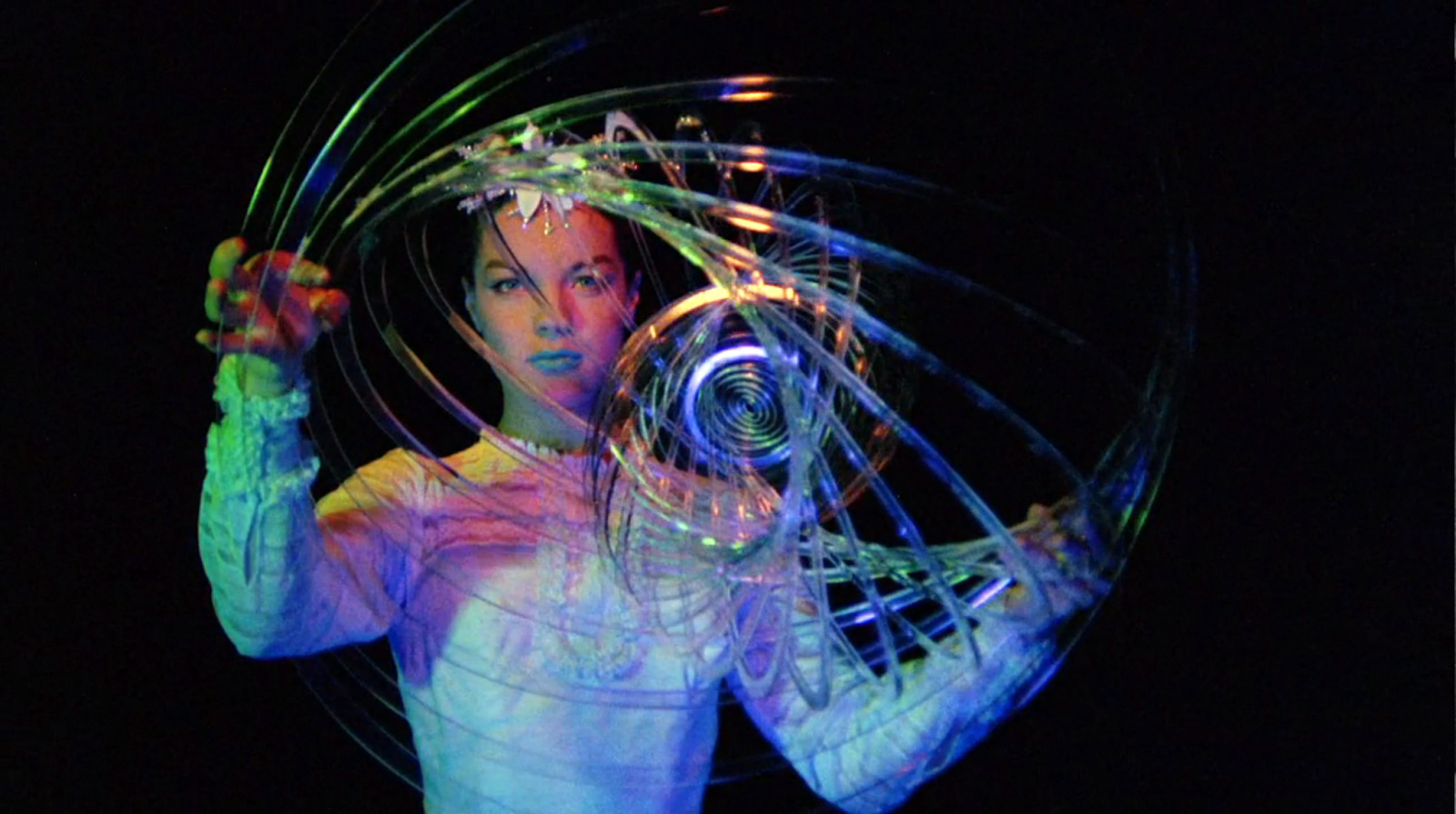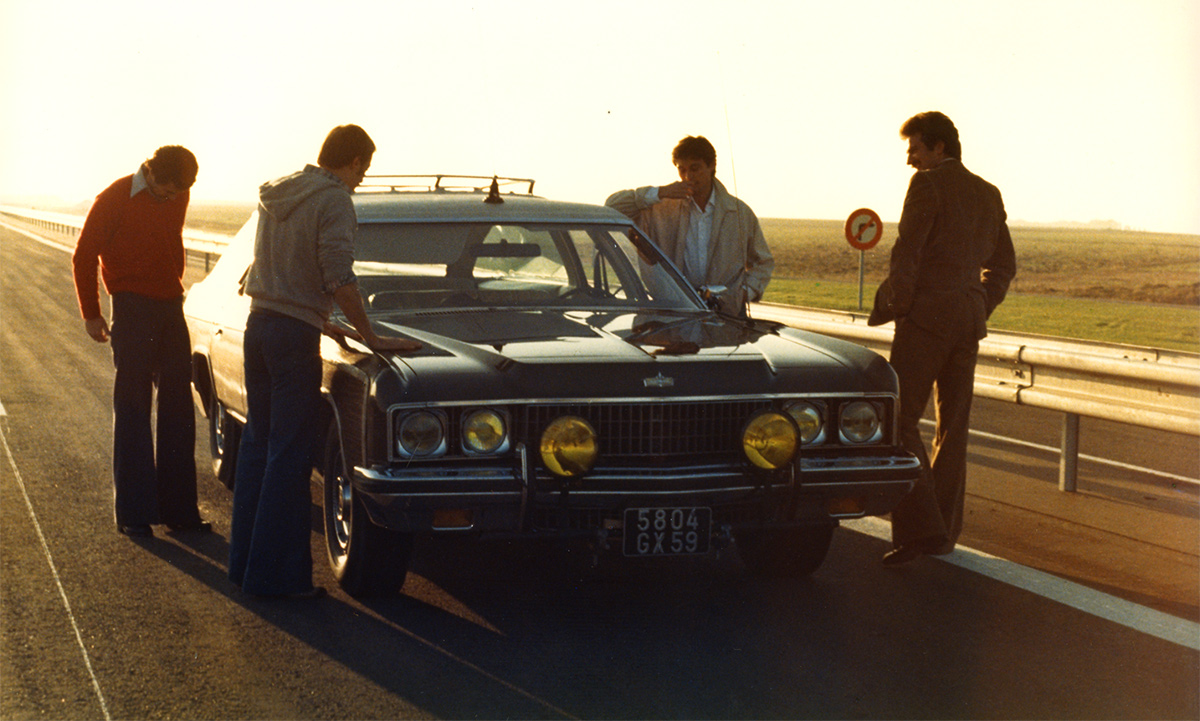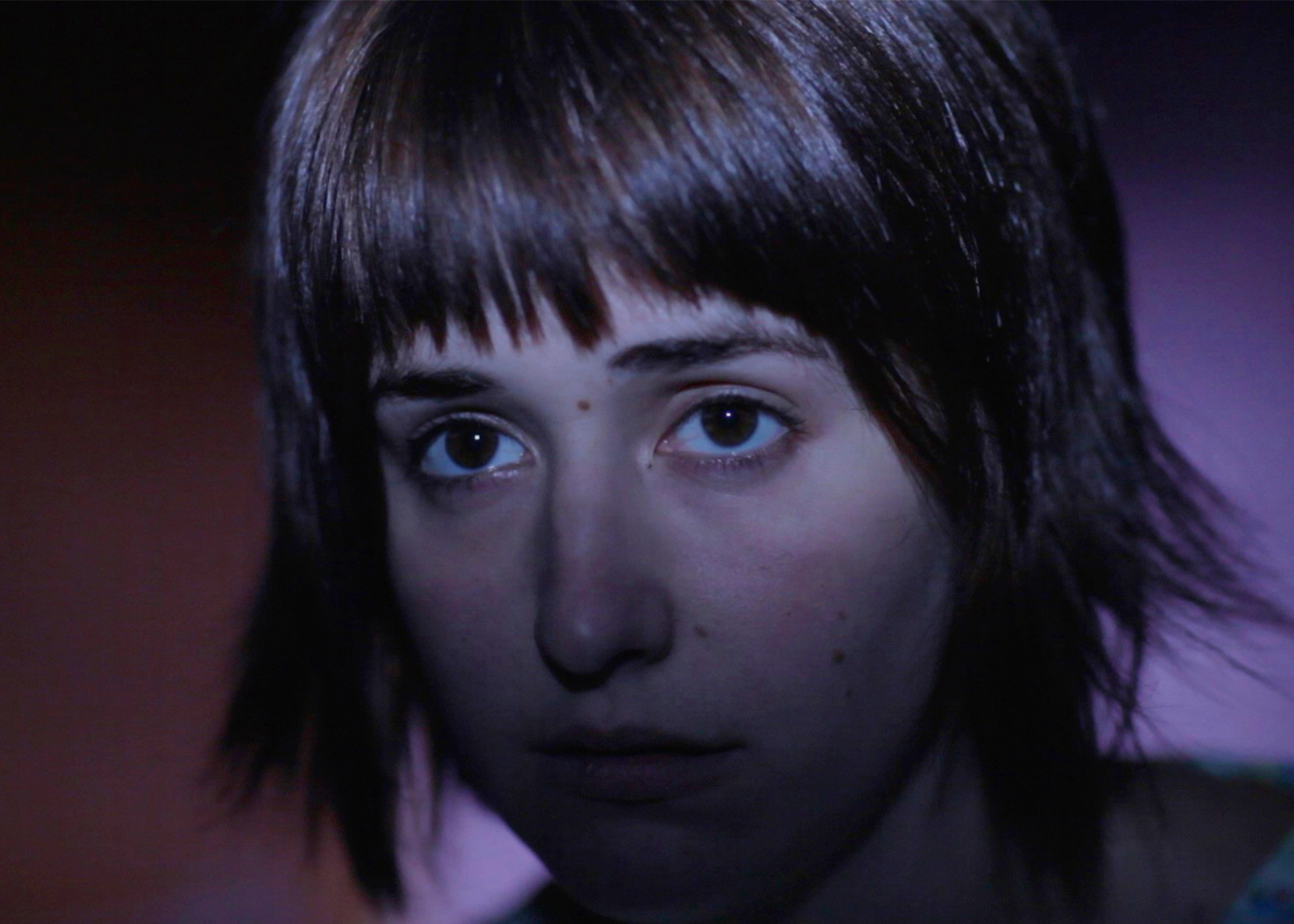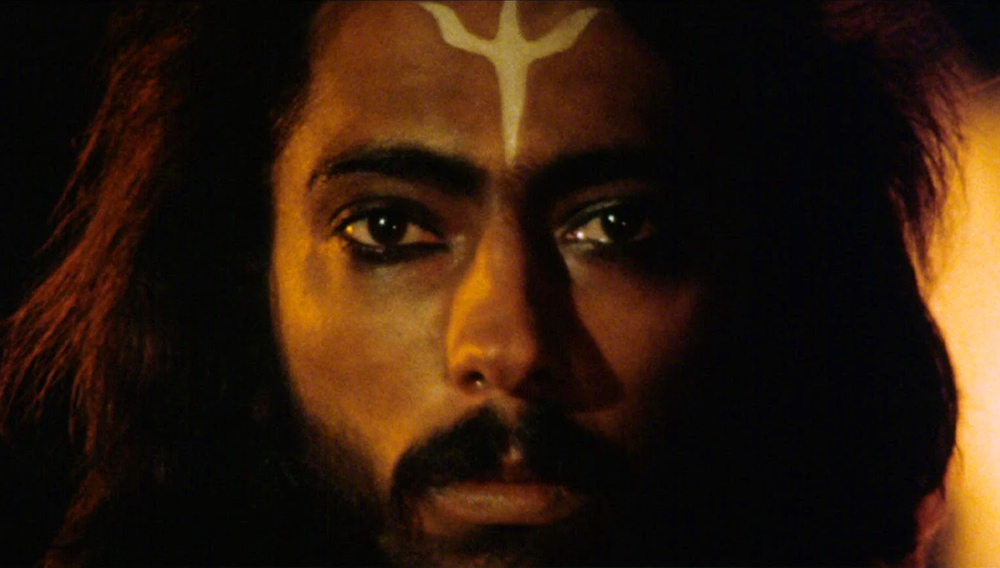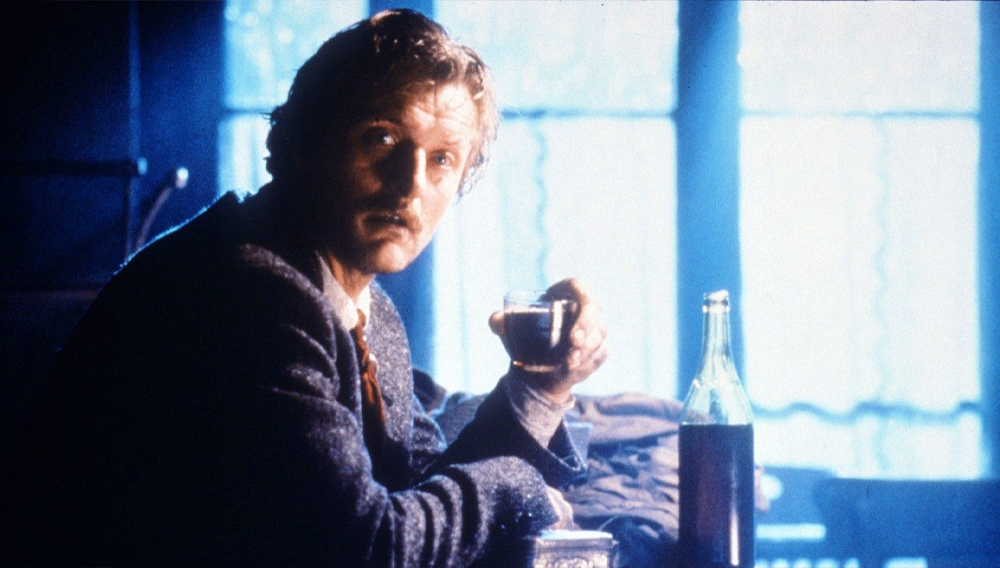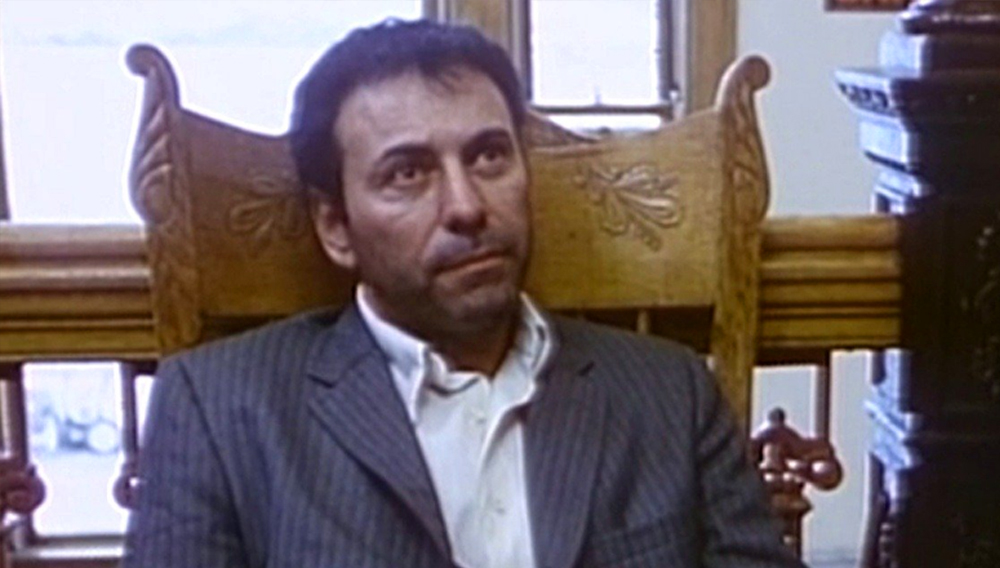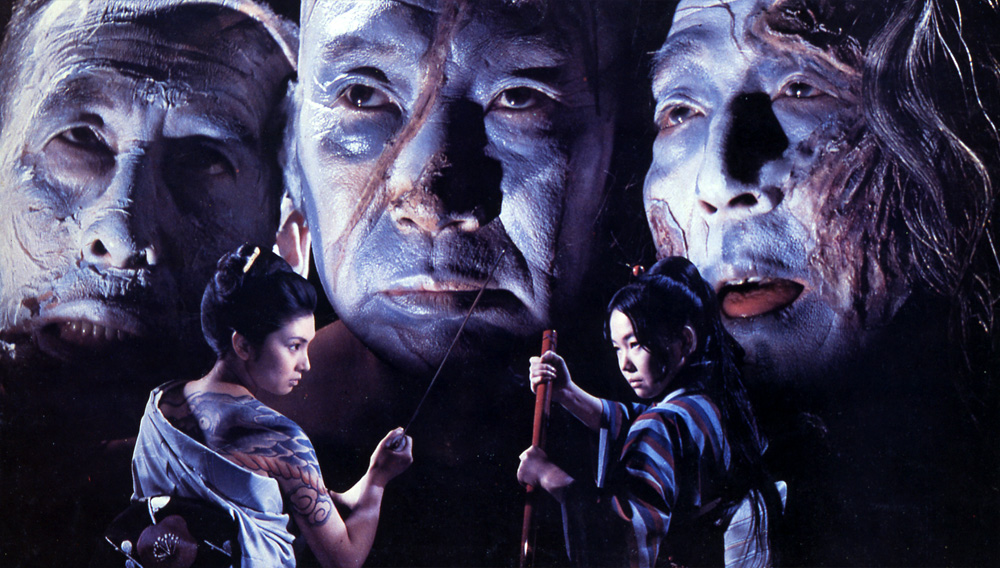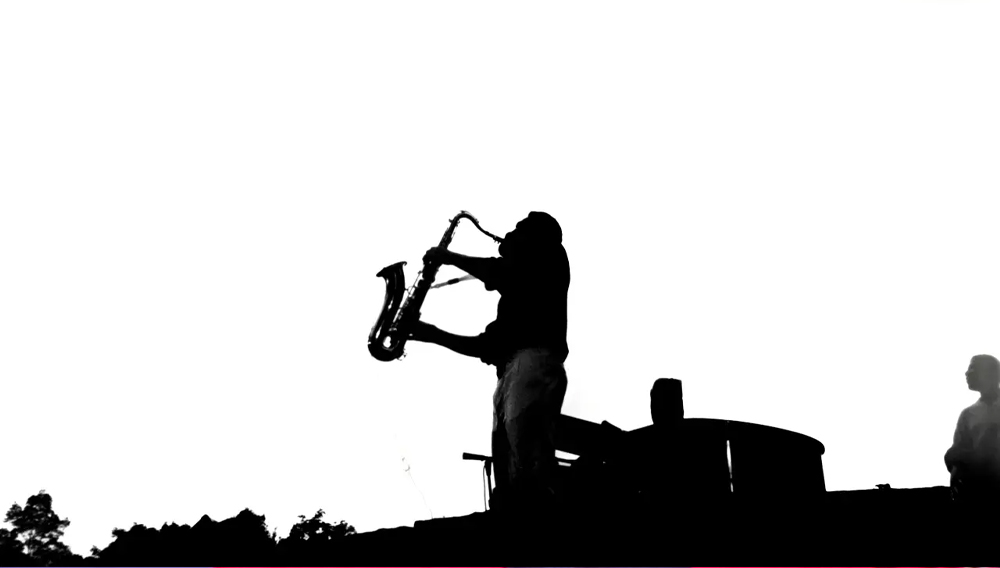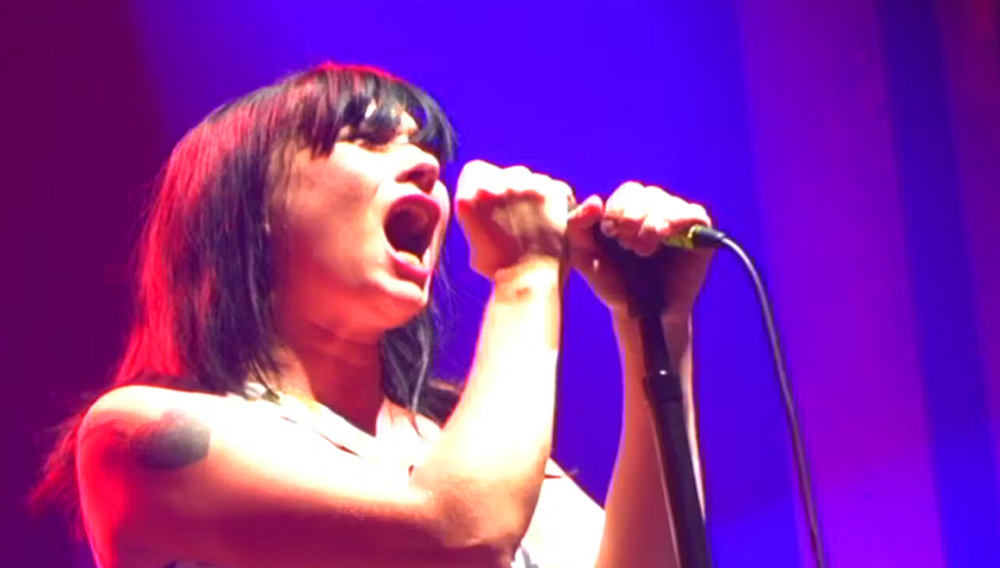“The most down-to-earth Cannes opening film in living memory, Standing Tall (La tête haute) shows the festival flying the flag for the grand tradition of French social realism,” begins Jonathan Romney in Screen. “As the title suggests, Emmanuelle Bercot’s film is a redemption drama ending on a high note—but it takes us over some rough terrain en route, in the story of a delinquent’s experiences in the French juvenile justice system. A turn to hard-tacks realism from writer-director Bercot, following her relaxed Catherine Deneuve vehicle, 2013’s On My Way, Standing Tall is an honorable if rarely surprising addition to the tradition of French films about challenged childhoods—although it’s no 400 Blows.”
Jordan Mintzer in the Hollywood Reporter: “Carried by an electric lead performance from newcomer Rod Paradot, this fourth feature from actress turned director Emmanuelle Bercot can be as volatile as it’s main character, delivering plenty of intensity but not always succeeding on the dramatic front, especially with a running time that ultimately outstays its welcome. Yet the dynamic acting—including supporting turns by Catherine Deneuve and Benoît Magimel—helps make for an engaging portrait of a quintessential Gallic bad boy who keeps fighting authority, no matter how much authority always wins.”
The Guardian‘s Peter Bradshaw finds that Standing Tall “replaces the nihilism and miserabilism often to be found in social realism… with a positive vision of what the state can—and can’t—do to help. Officials often tell the youth concerned that they are there to provide ‘structure’ and in a sense that is what this film does—telling the story of a troubled life within a framework of officialdom: court hearings, social-worker interviews, counseling sessions.”
“Films like this tend to fall in two camps,” suggests Variety‘s Peter Debruge, “either centering directly on the child characters themselves (like last year’s Boyhood, which invited auds to reflect on their own adolescence) or privileging the courageous adults who work to steer them back on course (a la Short Term 12, playing more to our nurturing instincts). ‘We lay down the tracks, but we can’t drive the train for them,’ Deneuve says at one point, and yet, the film clearly views it as a public duty for society to step in where the parents fall short—a question of simple human rights, as viewed through the prism of a more socialism-inclined country like France, which expends as much as €800 per day to rehabilitate such kids.”
Fabien Lemercier for Cineuropa: “With Standing Tall, Emmanuelle Bercot manages to strike a balance between a piece that brings us close to reality (painting the portrait of an underprivileged youth of today and the daily ‘heroics’ of judges and caseworkers) whilst having an exciting cinematographic intensity (with a powerful rhythm and a very effective storyline put together by the director and Marcia Romano), notably playing on the contrast between the harsh, serious subject matter and the bright exterior shots (with the highly talented Guillaume Schiffman in charge of photography). With the exception of a few tricks (an ever-so-slightly ‘conveniently’ accelerated storyline), the film wholeheartedly and successfully lives up to its commitment to portray the world of youth delinquency without painting an overly bleak picture, instead trying to find hope for the future.”
But for HitFix‘s Gregory Ellwood, “Standing Tall takes way to long to reach its happy ending.”
“Should the film have been entered in the competition?” wonders Anne Thompson. “‘Perhaps Thierry Fremaux could answer that question,’ said Bercot at the press conference. ‘There were so many French films that the committee wanted to choose. To be sure that Standing Tall could be present at the festival, the solution was to open the festival. Perhaps if we had refused we’d be in competition.'”
The festival’s posted its interview with Bercot and audio from the press conference. For the Guardian, Kim Willsher reports on an interview Deneuve’s given to the Journal du Dimanche: “There are no longer any stars in France. A star is someone who should be seen a little and then remain discreet, reserved. With the introduction of the digital age, the intrusion is into everything, everywhere and all the time.”
Screen‘s Jeremy Kay reports that Search Engine Films has picked up Canadian rights.
Updates: For the Playlist‘s Oliver Lyttelton, “Bercot ultimately seems to be more interested in easy answers than tough questions. Despite good work from [Sara] Forestier, Malony’s young mother comes across more as a Dickensian caricature than a real human being, becoming increasingly awful as a person with each scene, and it’s clear who the director blames for her protagonist’s troubles. Frankly, it’s disappointing that a female director would demonize a woman in the way she does with Forestier’s character, or underwrite one as much as she does with [Diane] Rouxel’s role as a love interest (her romance with Malony is positively anaemic).”
“People will either love or hate an off-the-wall Forestier, gnashing a set of brown teeth between grammatically incorrect sentences and spasms of well-intentioned gushes as Malony’s trashy single mom,” writes Nicholas Bell at Ioncinema. “Moments of comedy, both intentional and not, factor into Standing Tall thanks to Forestier, and it seems the kind of role that may be honored come next year’s Cesars. A film that isn’t without its merits, Standing Tall feels like a logical progression for Bercot, who previously helmed the entertaining feminine psychodrama Backstage (2005) and the timidly familiar On My Way (2013).”
BFI programmer Geoff Andrew: “Though it has some clumsy narrative ellipses and some woefully obvious musical choices (Arvo Pärt’s ‘Spiegel mit Spielge’ and the second movement from Schubert’s E-flat piano trio are merely the most predictable), the film does get by thanks to the strength of the performances throughout, but particularly those of Magimel and Deneuve.”
“Certainly this same material might feel more special or meaningful in the hands of, say, the Dardenne brothers or Ken Loach,” writes Time Out‘s Dave Calhoun. “Yet, at the same time, Bercot has a keen eye for how Malony’s macho bravado masks a deep inner pain and, as Malony, Paradot works hard to resist any easy sympathy we might have for his wayward, troubled character.”
Indiewire‘s Eric Kohn: “Quivering with rage, [Paradot] recalls Jack O’Connell’s similarly unnerving turn as a furious prisoner in last year’s Starred Up, a movie to which Standing Tall could serve as a prequel: While that drama focused on the bureaucratic processes surrounding dangerous men, Standing Tall illustrates the preventive measures designed to keep them from getting that far—and concludes that only the youth in question can truly control his fate.”
Updates, 5/14: “Standing Tall is a strange choice for an opening film at Cannes because it’s so determinedly unglamorous,” finds the Telegraph‘s Robbie Collin, “though its status as the first from a female filmmaker since 1987, when Diane Kurys’s A Man in Love got the show on the road, makes it a historic one. The opening films of the last five years were Grace of Monaco, The Great Gatsby, Moonrise Kingdom, Midnight in Paris and Robin Hood: a mixed bag in terms of quality, but all blow-dried, sequin-stitched, red-carpet-ready cinema.” Standing Tall is “categorically not a headline-maker—Mad Max: Fury Road would have been the obvious choice—nor is it perhaps strong enough to justify its place on the platform.”
“It’s stirring in the context of the recent UK election results to watch a Cannes opening film that is a hat-tip to social welfare,” adds Sophie Monks Kaufman at Little White Lies. “There will be inevitable comparisons to Xavier Dolan’s Mommy…., but above being a character drama this is a film about a social service, as testified by the final shot which lingers, not on a person, but on the judicial building that shapes Malony’s fate.”
Bercot’s “intentions may be noble, the production values first rate, the co-stars notable, but the film is a humdrum piece of work that is wearing in the relentless quality of Malony’s persistent volatility,” finds Barbara Scharres at RogerEbert.com.
Update, 5/15: “Much like [Xavier Dolan’s Mommy], one of the strongest characteristics of La tête haute is its bipolarity of tone,” finds Eli Hayes at the Film Stage. “Some may find the sporadic jumps from quiet to impassioned rather jarring, but anyone who has spent time around troubled teens knows how quickly a situation can shift from calm to hostile. Still, it only works so well here because Paradot executes these outbursts with a nuanced understanding of the adolescent mind and what makes teenagers tick.”
Update, 5/18: For Tim Grierson, writing for Paste, “good intentions take director Emmanuelle Bercot’s movie only so far, as one is left with the impression that the sincerity of the endeavor has outpaced its execution. Here’s a movie that’s so nobly conceived that you may feel guilty that you don’t like it more.”
Update, 5/19: “Deneuve reports that working on La Tête Haute made her ‘realize that we live in a very civilized country,'” notes Elena Razlogova at PopMatters. “For all its authentic details and excellent performances, the film offers only a partial and too rosy portrait of the French juvenile system, and, by extension, of that ‘civilized country.'”
Update, 5/20: “Bercot’s camera feels like a sideline referee trying to make sense of characters it doesn’t understand,” finds Glenn Heath Jr., writing for the L.
Cannes 2015 Index. For news and tips throughout the day every day, follow @KeyframeDaily. Get Keyframe Daily in your inbox by signing in at fandor.com/daily.

